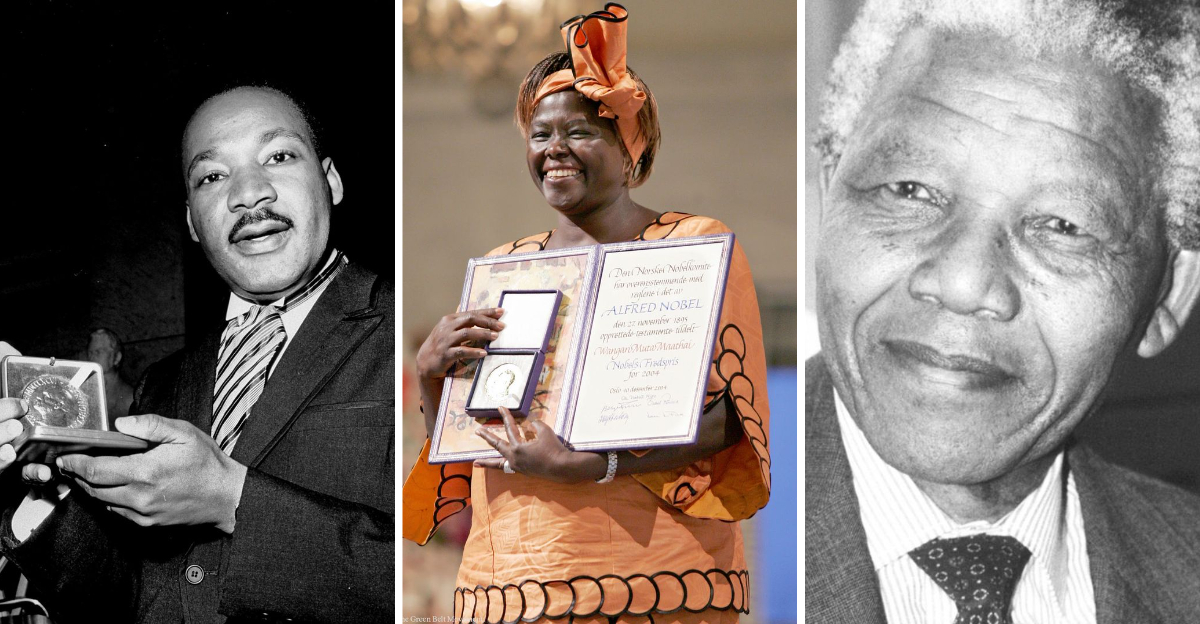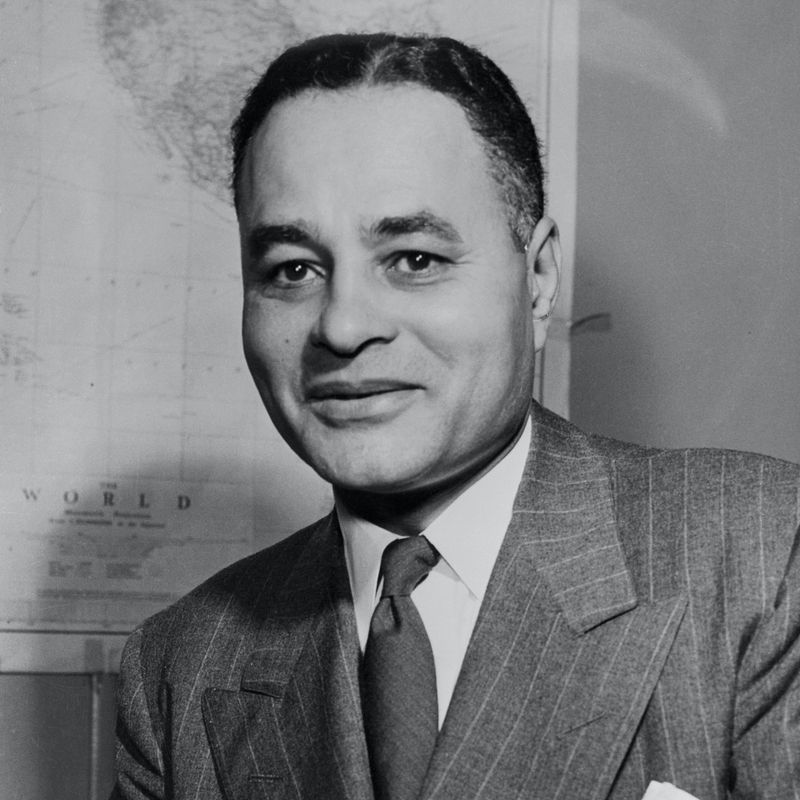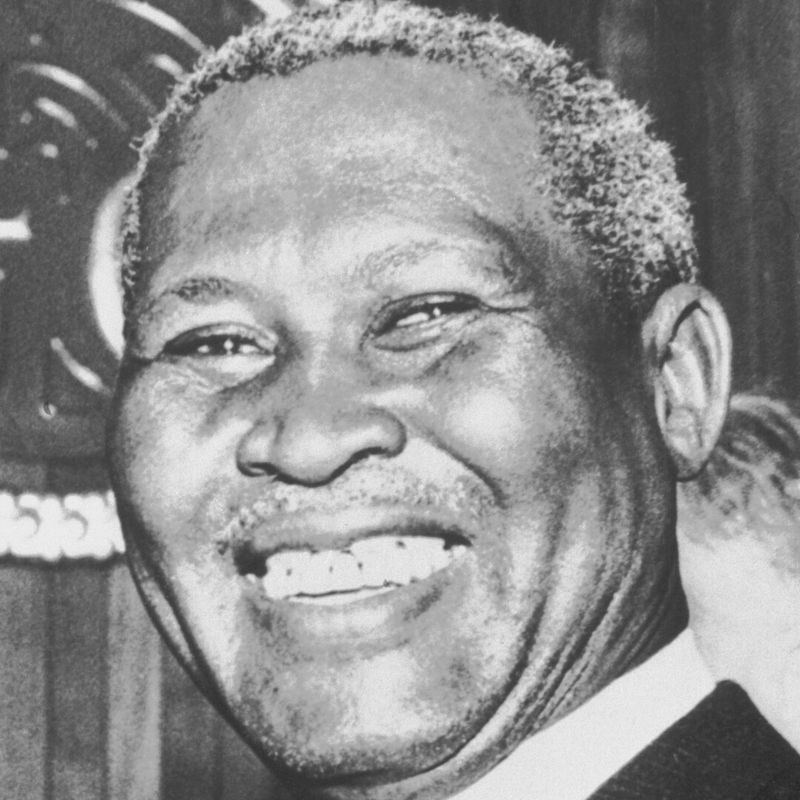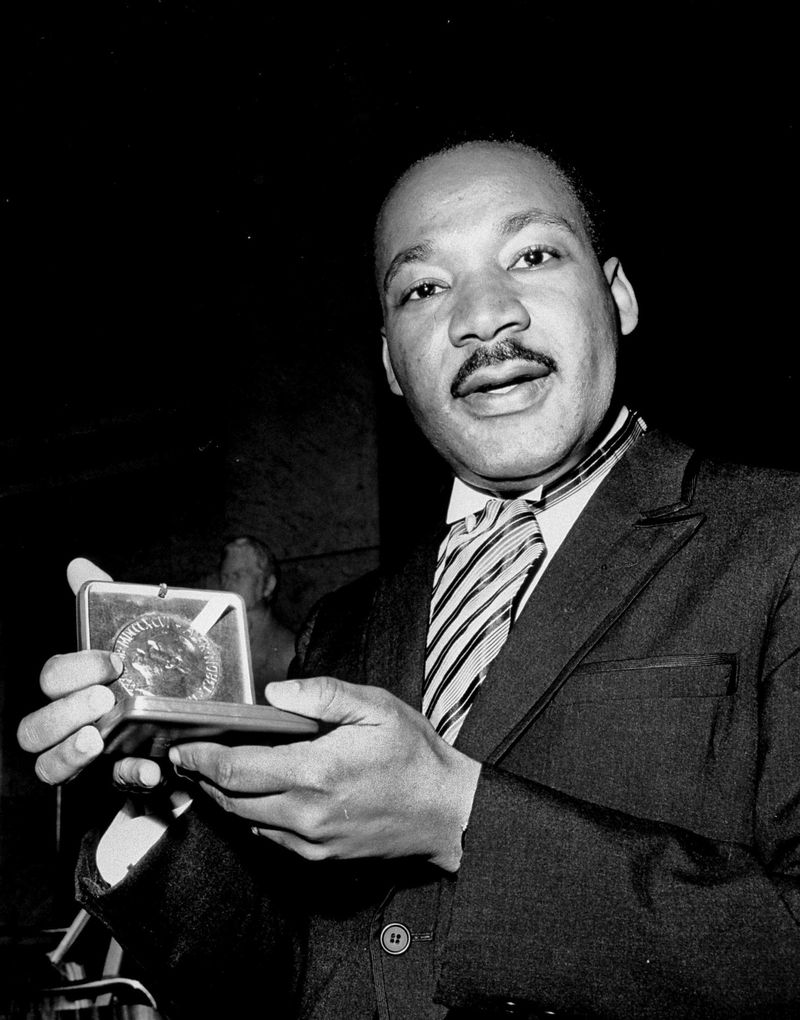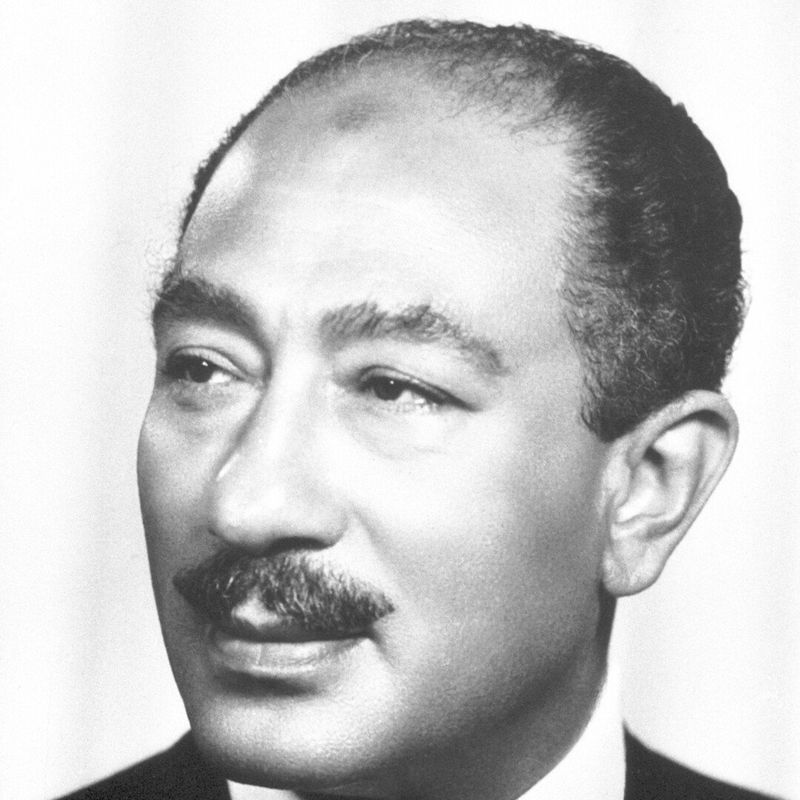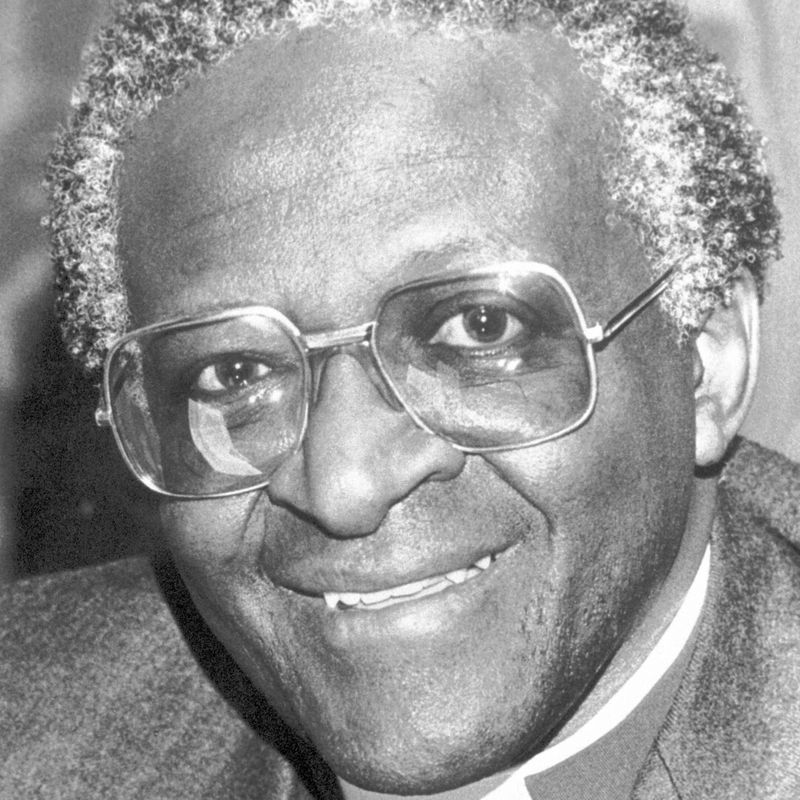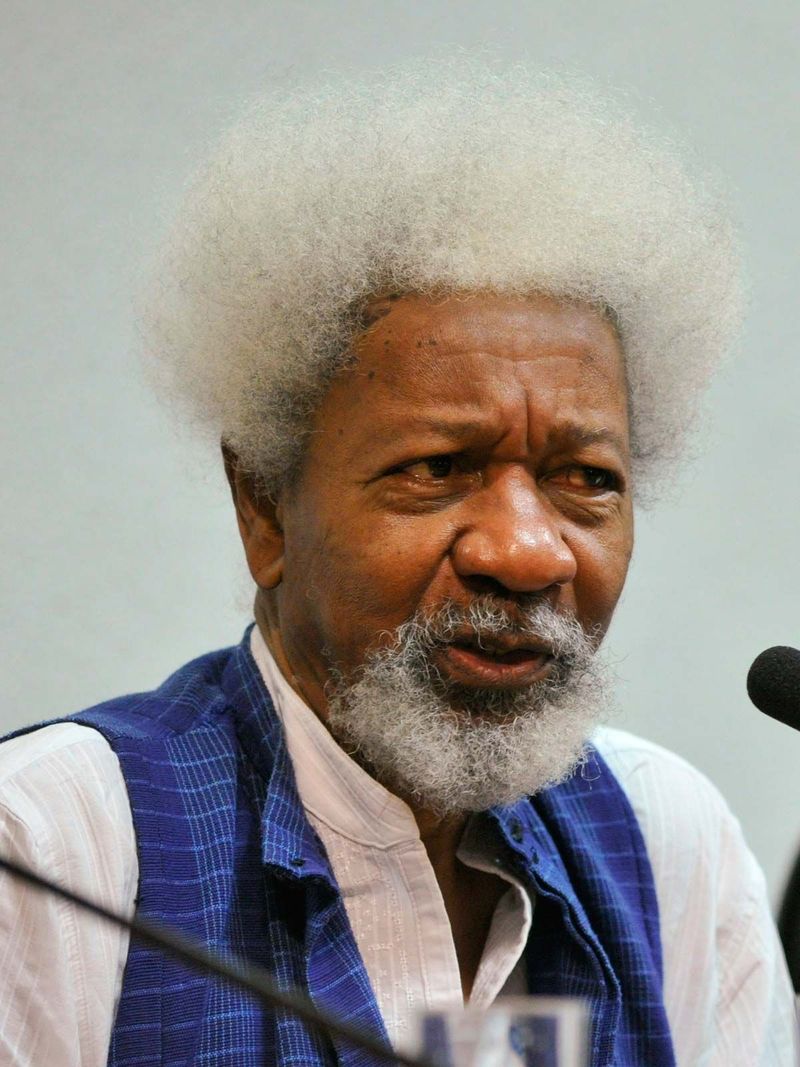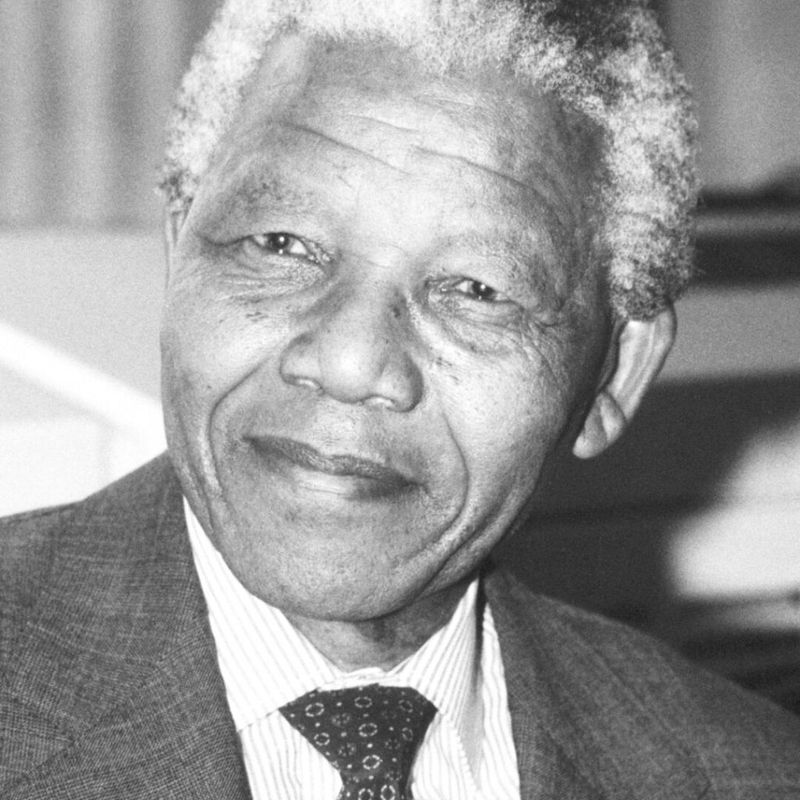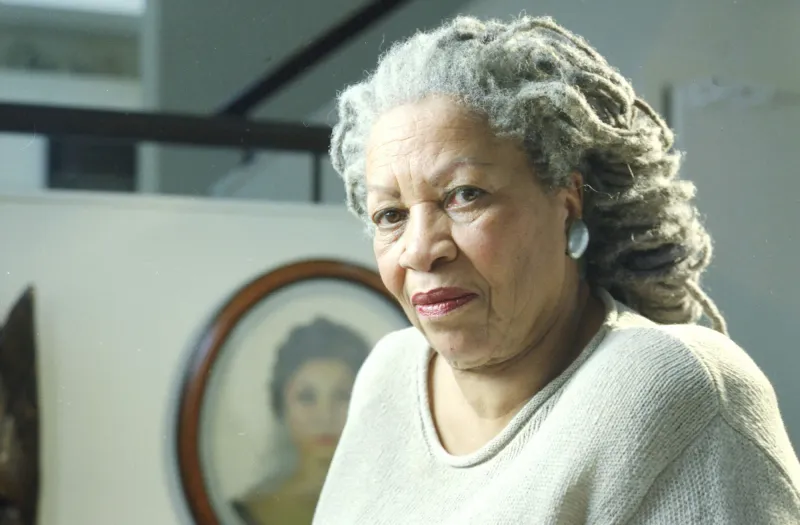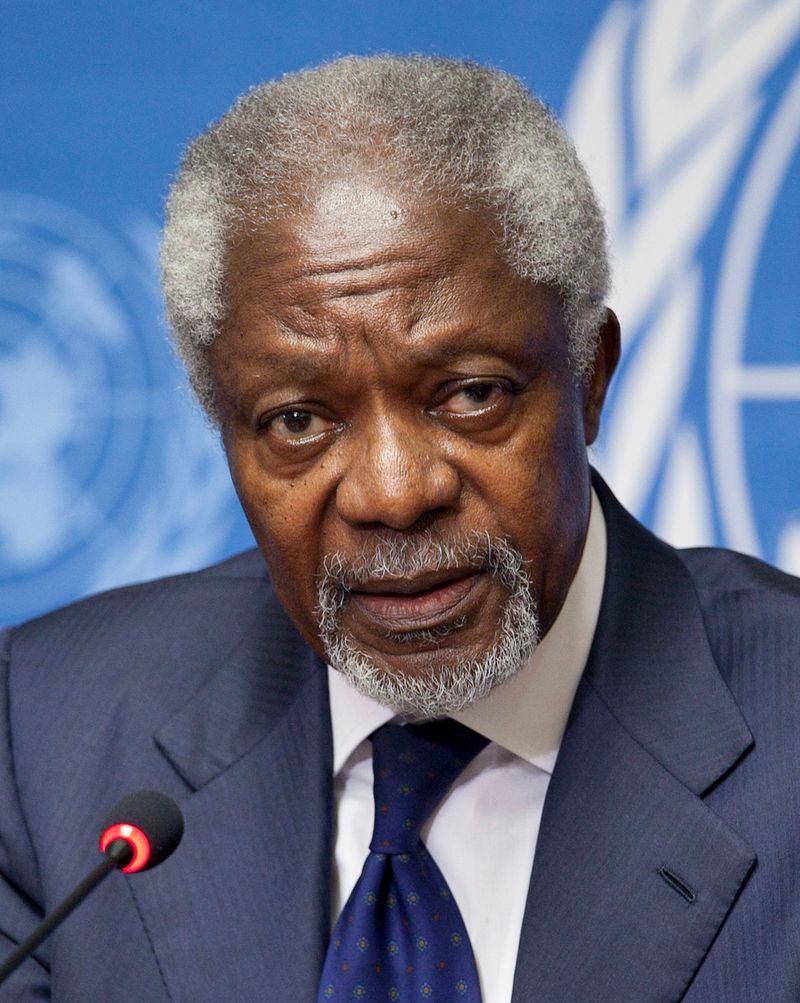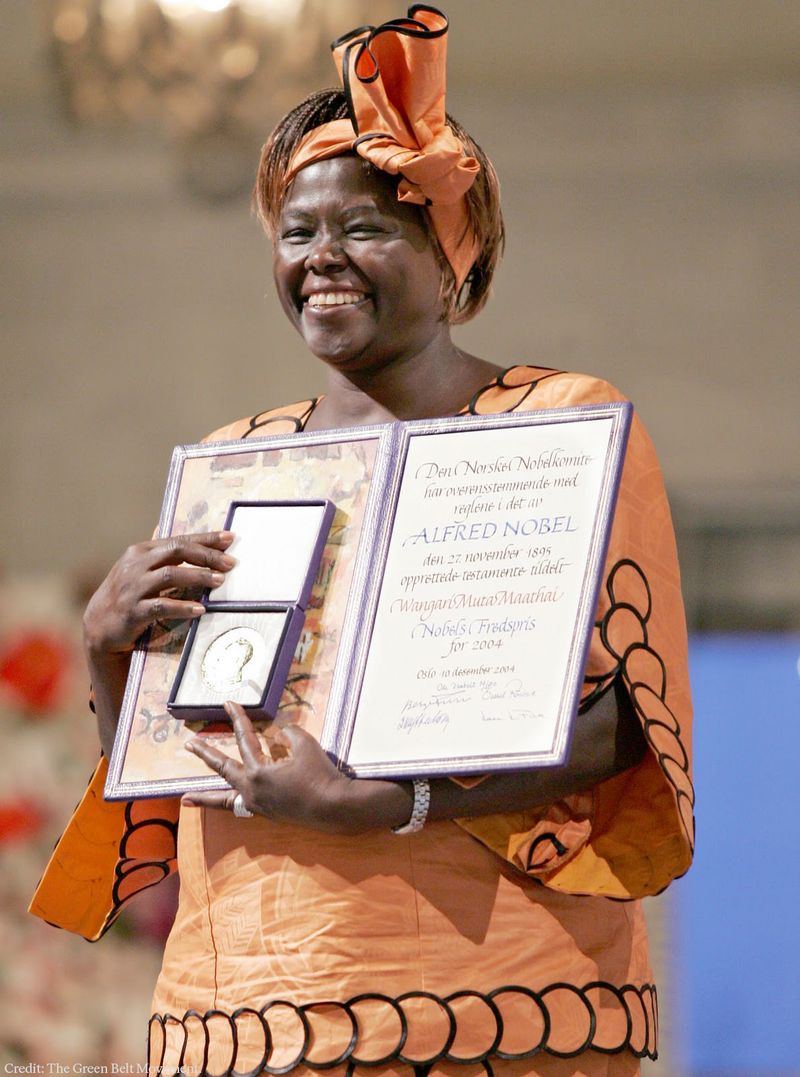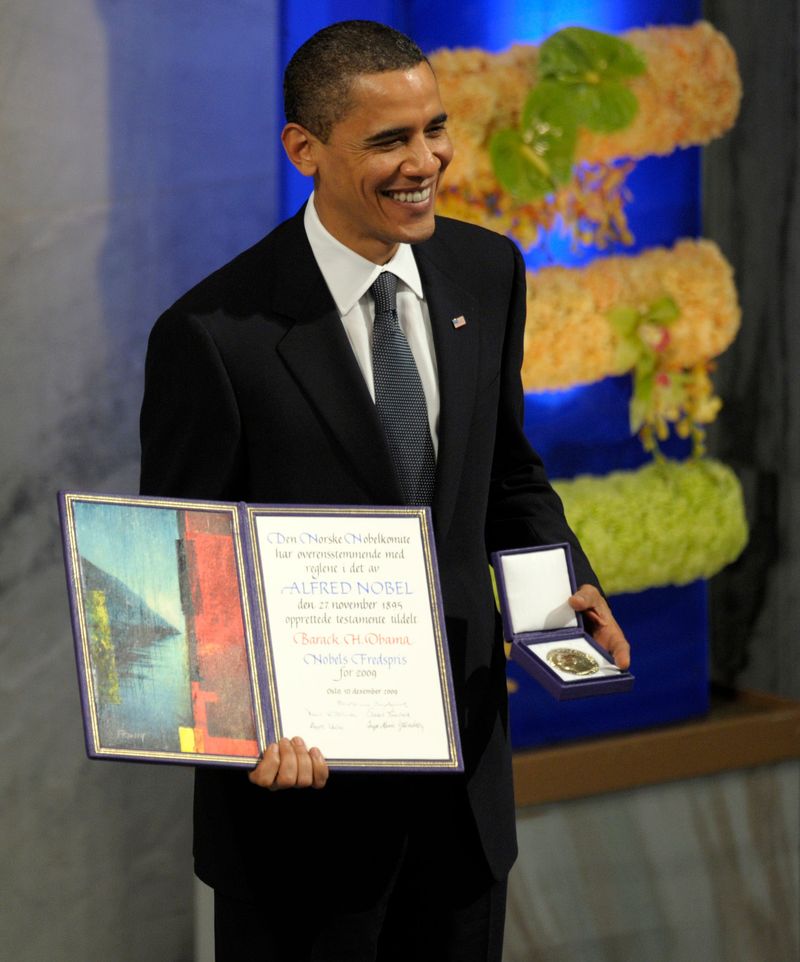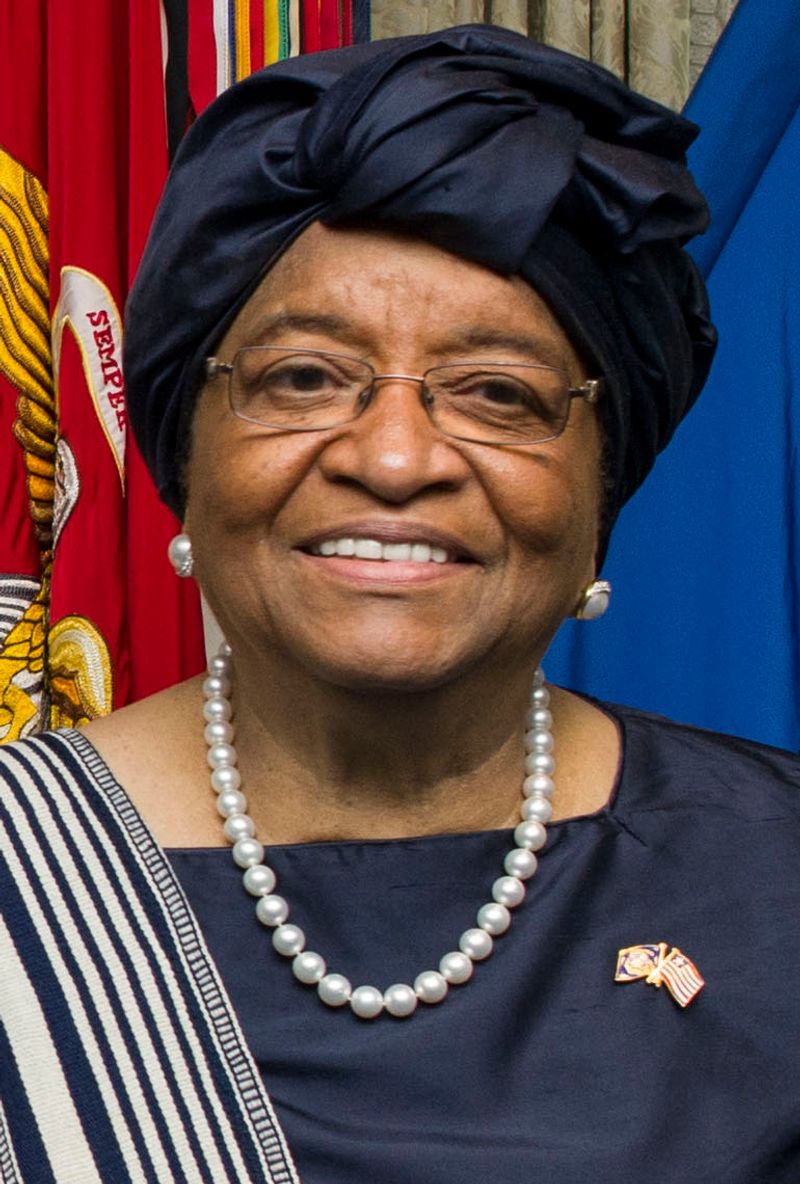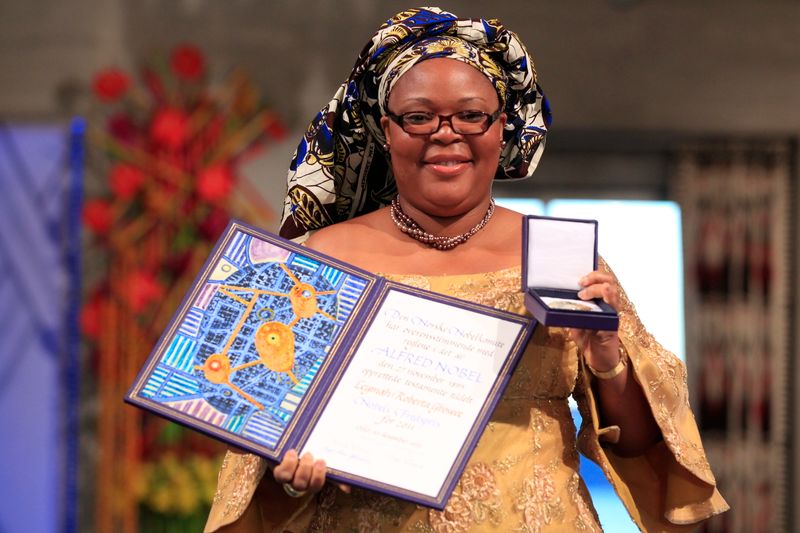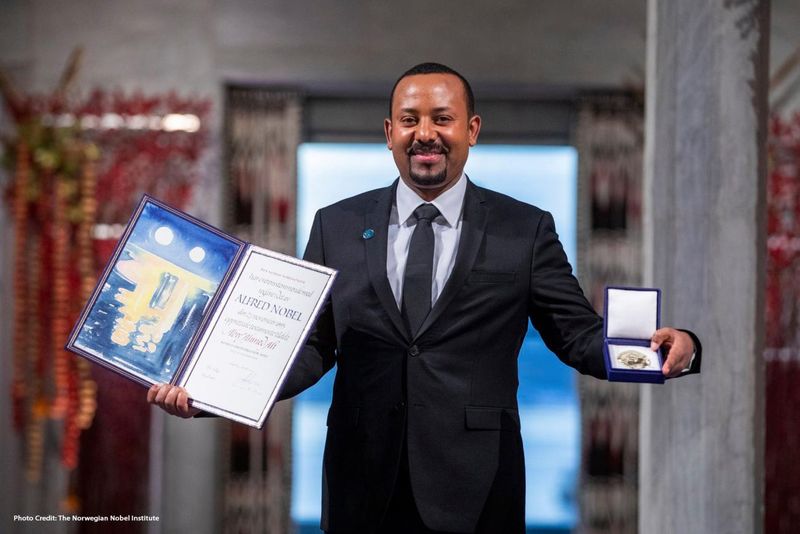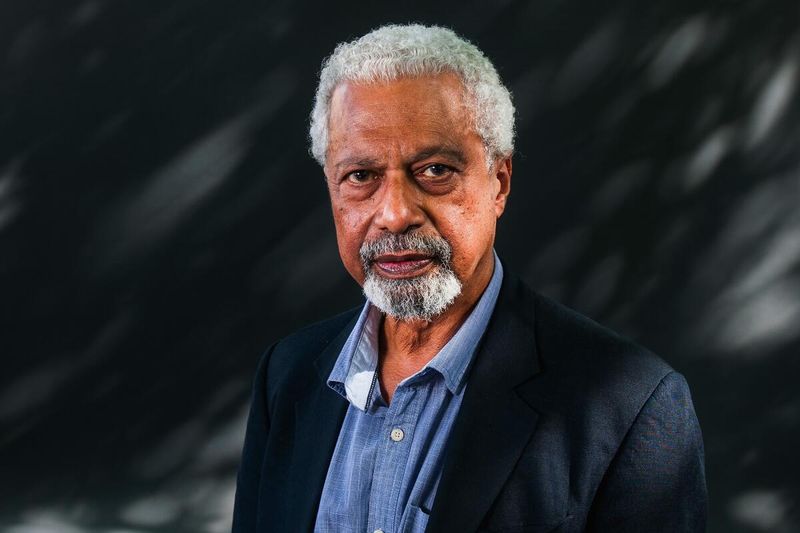Throughout history, Black individuals have made monumental contributions to global peace, literature, and science, inspiring generations.
This blog celebrates 15 Black Nobel Prize winners whose achievements have profoundly influenced the world.
From mediation efforts to pioneering literature, these laureates exemplify courage, innovation, and leadership.
1. Ralph J. Bunche (USA) – Nobel Peace Prize, 1950
In 1950, Ralph J. Bunche became the first Black Nobel laureate for his mediation efforts in Palestine. His work laid the groundwork for peace in the Middle East. Bunche’s diplomatic finesse was crucial during a turbulent period.
His contributions to international relations extend beyond the Nobel recognition. His legacy is a testament to the power of peaceful negotiation.
Bunche’s approach to conflict resolution remains influential. His story encourages future diplomats to pursue peace with determination and integrity, making him a timeless figure in global diplomacy.
2. Albert John Luthuli (South Africa) – Nobel Peace Prize, 1960
Albert John Luthuli was a pivotal figure in the fight against apartheid. Awarded the Nobel Peace Prize in 1960, he was celebrated for his non-violent resistance. Luthuli’s leadership in the African National Congress was instrumental.
His dedication to peace and justice inspired many in South Africa and beyond. Through his commitment, Luthuli demonstrated the impact of non-violent struggle.
His legacy continues to motivate advocates for equality. Luthuli’s story is a powerful reminder of the potential for change through peaceful means, rallying people towards unity and justice.
3. Martin Luther King Jr. (USA) – Nobel Peace Prize, 1964
Martin Luther King Jr. was a towering figure in the American civil rights movement. Awarded the Nobel Peace Prize in 1964, he advocated for racial equality through non-violence. His leadership inspired transformative change across the nation.
King’s speeches and actions united diverse groups towards a common goal of justice. His dream of equality continues to resonate worldwide.
Beyond his Nobel recognition, King’s legacy is a testament to courage and persistence. His life’s work encourages individuals to strive for justice with compassion, fostering a more equitable society for future generations.
4. Anwar Sadat (Egypt) – Nobel Peace Prize, 1978
Anwar Sadat, Egypt’s visionary leader, received the Nobel Peace Prize in 1978. His efforts in the Camp David Accords set a precedent for peace in the Middle East. Sadat’s bold decisions paved the way for diplomatic relations.
His leadership highlighted the potential for peaceful negotiations between nations. Sadat’s approach exemplified courage and foresight in conflict resolution.
His legacy is a beacon for peace initiatives worldwide. Sadat’s story encourages leaders to pursue diplomacy with courage, showcasing the transformative power of dialogue in resolving long-standing conflicts.
5. Desmond Tutu (South Africa) – Nobel Peace Prize, 1984
Desmond Tutu was a staunch opponent of apartheid, awarded the Nobel Peace Prize in 1984. His advocacy for peaceful reconciliation was pivotal in South Africa’s transformation. Tutu’s moral leadership inspired a nation.
His efforts were instrumental in the peaceful transition to a democratic society. Tutu’s wisdom and humor endeared him to many.
His legacy encourages forgiveness and unity. Tutu’s story is a reminder of the power of moral leadership in social change, urging individuals to act with integrity and compassion in the face of injustice.
6. Wole Soyinka (Nigeria) – Nobel Prize in Literature, 1986
Wole Soyinka, a literary giant, became the first African laureate in Literature in 1986. Known for his wide cultural perspective, Soyinka’s works delve into the human condition. His writings are celebrated for their poetic depth.
Soyinka’s literature transcends cultural boundaries, offering insights into African and global narratives. His contributions extend beyond writing to activism.
His legacy is a testament to the power of words in shaping societies. Soyinka’s story inspires writers and thinkers to explore diverse perspectives, enriching the world’s literary landscape with creativity and intellect.
7. Nelson Mandela (South Africa) – Nobel Peace Prize, 1993
Nelson Mandela, an icon of freedom, shared the Nobel Peace Prize with F.W. de Klerk in 1993. Their efforts culminated in the end of apartheid. Mandela’s leadership was instrumental in South Africa’s democratic transition.
His journey from prisoner to president exemplifies resilience and forgiveness. Mandela’s vision for a united nation inspired millions.
His legacy continues to be a symbol of hope and reconciliation. Mandela’s story encourages individuals to pursue justice and equality, showcasing the enduring power of compassion in transforming societies.
8. Toni Morrison (USA) – Nobel Prize in Literature, 1993
Toni Morrison, a celebrated novelist, received the Nobel Prize in Literature in 1993. Her work is renowned for its visionary force and poetic depth. Morrison’s narratives illuminate the African American experience.
Her novels explore themes of identity, culture, and history. Morrison’s unique voice has left an indelible mark on literature.
Her legacy inspires readers and writers alike. Morrison’s story encourages exploration of diverse narratives, urging storytellers to delve deep into the human experience, enriching literature with authenticity and insight.
9. Kofi Annan (Ghana) – Nobel Peace Prize, 2001
Kofi Annan, a diplomatic trailblazer, was honored with the Nobel Peace Prize in 2001, alongside the United Nations. His leadership aimed at creating a more organized, peaceful world. Annan’s vision for global cooperation was profound.
His tenure as UN Secretary-General was marked by significant initiatives for peace and development. Annan’s contributions shaped international policies.
His legacy continues to influence leaders worldwide. Annan’s story inspires individuals to strive for a cooperative global community, emphasizing diplomacy and inclusivity as cornerstones for lasting peace.
10. Wangari Maathai (Kenya) – Nobel Peace Prize, 2004
Wangari Maathai, an environmental pioneer, received the Nobel Peace Prize in 2004. Her work through the Green Belt Movement promoted sustainable development. Maathai’s efforts empowered countless women in Kenya and beyond.
Her advocacy for democracy and peace was transformative. Maathai’s initiatives in environmental conservation were groundbreaking.
Her legacy inspires a global movement for ecological preservation. Maathai’s story encourages individuals to take actionable steps towards sustainability, highlighting the interconnectedness between environment and peace.
11. Barack Obama (USA) – Nobel Peace Prize, 2009
Barack Obama, a symbol of hope, was awarded the Nobel Peace Prize in 2009. His efforts to strengthen international diplomacy were recognized globally. Obama’s leadership aimed at fostering cooperation among nations.
His vision for peaceful global engagement was influential. Obama’s approach to diplomacy was built on mutual respect and understanding.
His legacy continues to inspire new generations of leaders. Obama’s story encourages commitment to diplomacy and dialogue, highlighting the importance of building bridges in an interconnected world.
12. Ellen Johnson Sirleaf (Liberia) – Nobel Peace Prize, 2011
Ellen Johnson Sirleaf, a pioneering leader, was awarded the Nobel Peace Prize in 2011. Her non-violent struggle for women’s rights was pivotal in Liberia. Sirleaf’s dedication to peace-building was profound.
Her presidency marked significant strides in women’s empowerment. Sirleaf’s leadership was instrumental in Liberia’s recovery post-conflict.
Her legacy inspires women worldwide to pursue leadership roles. Sirleaf’s story is a call to action for gender equality, encouraging individuals to advocate for women’s participation in peace processes.
13. Leymah Gbowee (Liberia) – Nobel Peace Prize, 2011
Leymah Gbowee, a fearless peace activist, shared the Nobel Peace Prize with Ellen Johnson Sirleaf in 2011. Her leadership in a women’s peace movement was instrumental in ending the Second Liberian Civil War.
Gbowee’s efforts galvanized women across Liberia. Her commitment to non-violence created lasting change.
Her legacy continues to inspire peace movements worldwide. Gbowee’s story encourages individuals to harness the power of collective action, showcasing the impact of grassroots movements in fostering peace.
14. Abiy Ahmed (Ethiopia) – Nobel Peace Prize, 2019
Abiy Ahmed, Ethiopia’s transformative leader, received the Nobel Peace Prize in 2019. His initiative to resolve the border conflict with Eritrea was groundbreaking. Ahmed’s leadership exemplified courage and vision in peace-building.
His efforts in diplomatic engagement were pivotal for regional stability. Ahmed’s approach highlighted the power of dialogue.
His legacy is a model for conflict resolution worldwide. Ahmed’s story encourages leaders to prioritize peace and collaboration, fostering understanding and cooperation among nations.
15. Abdulrazak Gurnah (Tanzania) – Nobel Prize in Literature, 2021
Abdulrazak Gurnah, an insightful novelist, was awarded the Nobel Prize in Literature in 2021. His works explore the effects of colonialism and the refugee experience. Gurnah’s narratives are known for their compassion and depth.
His literature offers a profound understanding of cultural and historical dynamics. Gurnah’s storytelling bridges the gulf between cultures.
His legacy enriches the literary world with diverse perspectives. Gurnah’s story inspires writers to delve into complex global issues, encouraging empathy and understanding through literature.
